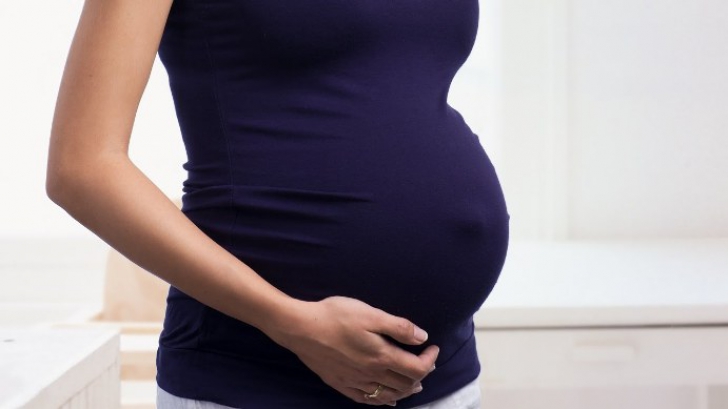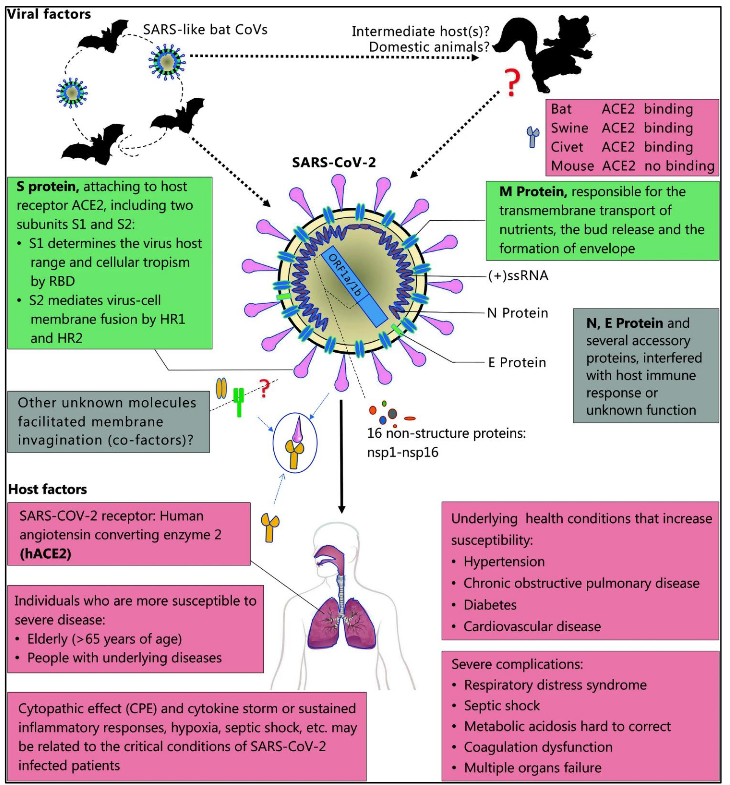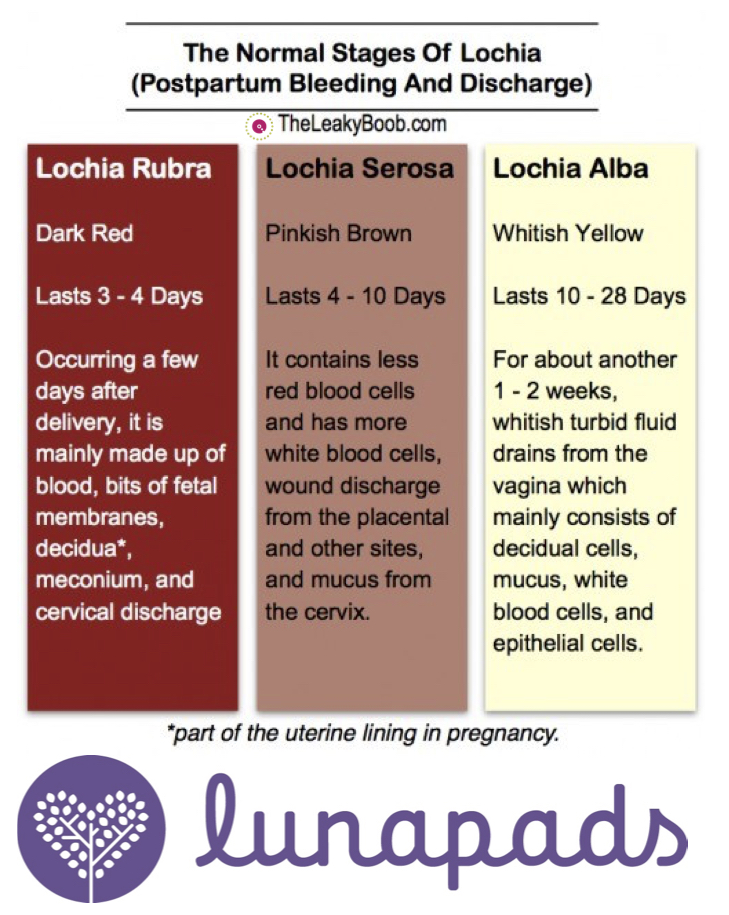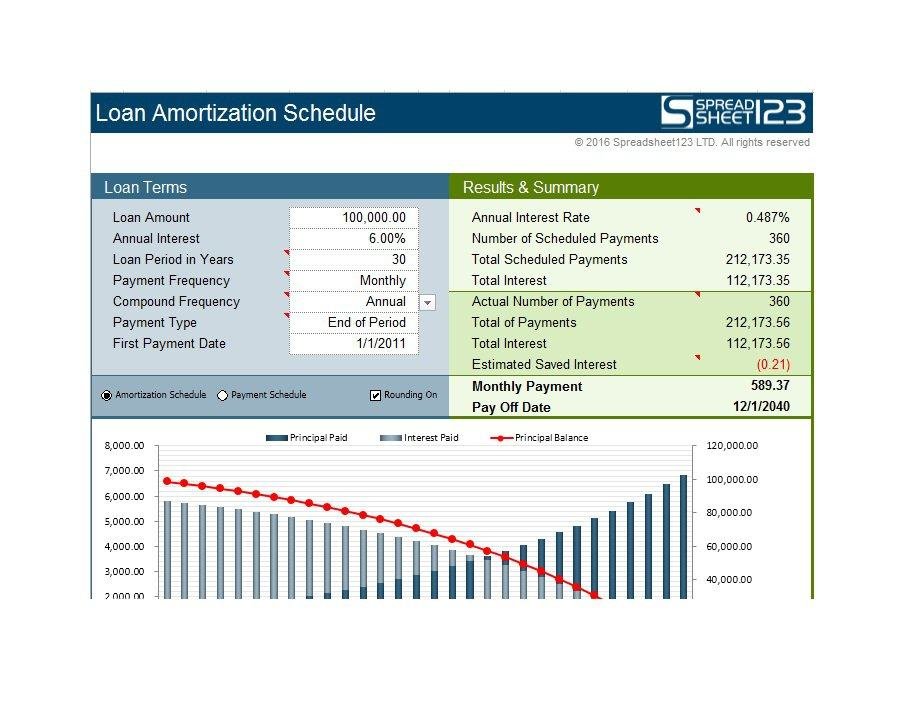Cure pregnancy constipation
Causes, treatments, and home remedies
Constipation is a very common symptom that many women experience during pregnancy.
Some women have constipation at an early stage of their pregnancy, while it does not affect other women until much later on.
In this article, we explain why constipation is common in pregnancy and discuss safe treatments and home remedies that women can use to relieve the discomfort.
The cause of constipation during pregnancy depends on the stage at which it occurs. Possible causes include:
- Hormones: Changing hormone levels in early pregnancy cause the intestines to slow down the movement of stool through the bowel. This delay increases the amount of water that the colon absorbs from the stool, which makes it more solid and difficult to pass.
- Prenatal vitamins: Prenatal vitamins are chock-full of iron, a crucial mineral that can sometimes be deficient during pregnancy. Iron can cause constipation and hard, black stools.
- Pressure from the uterus: In later pregnancy, the growing uterus can put pressure on the bowel, making it harder to move stool through the intestines.
In addition to infrequent bowel movements, constipation can cause bloating, stomach discomfort, and hard, dry stools that are painful to pass. It can also result in a feeling that not all the stool has passed.
Constipation can be particularly uncomfortable during pregnancy.
During pregnancy, women can often relieve constipation using gentle, safe home remedies:
- Fiber: Taking fiber supplements or eating more fibrous foods, such as fruits, vegetables, and whole grains, can increase the number of stools and facilitate their passage through the intestines. Adults should eat between 28 and 34 grams of fiber each day.
- Fluid: Drinking enough water is important to keep stool soft and easy to pass. If a person feels that water is not helping, they can try adding clear soups, teas, and naturally sweetened fruit or vegetable juices to their diet.
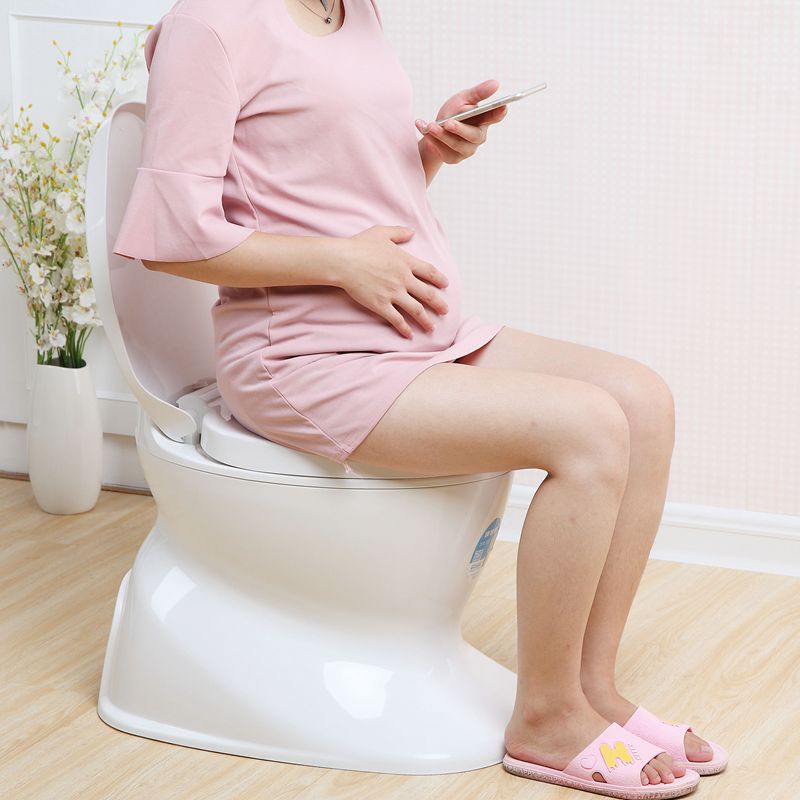
- Activity: Being active helps stool move through the intestines. Getting regular exercise, with a doctor’s approval, can help relieve constipation. If exercising is not a priority or possibility, try to fit in a gentle walk each day.
- Probiotics: Millions of healthy bacteria live in the gut and help it function correctly. Probiotics may help repopulate the gut bacteria with healthy strains that encourage normal and regular bowel movements. Foods high in probiotics include yogurt, sauerkraut, and kimchi.
If the home remedies above do not work, it may be time to discuss other options with a doctor.
For women taking prenatal vitamins that are high in iron, doctors may recommend trying a vitamin that contains less iron.
The primary medical treatment for constipation in pregnancy is a medication called a laxative, which makes it easier and more comfortable to go to the bathroom.
It is generally safe to use gentle laxatives, but it is best to avoid stimulant laxatives because they can induce uterine contractions.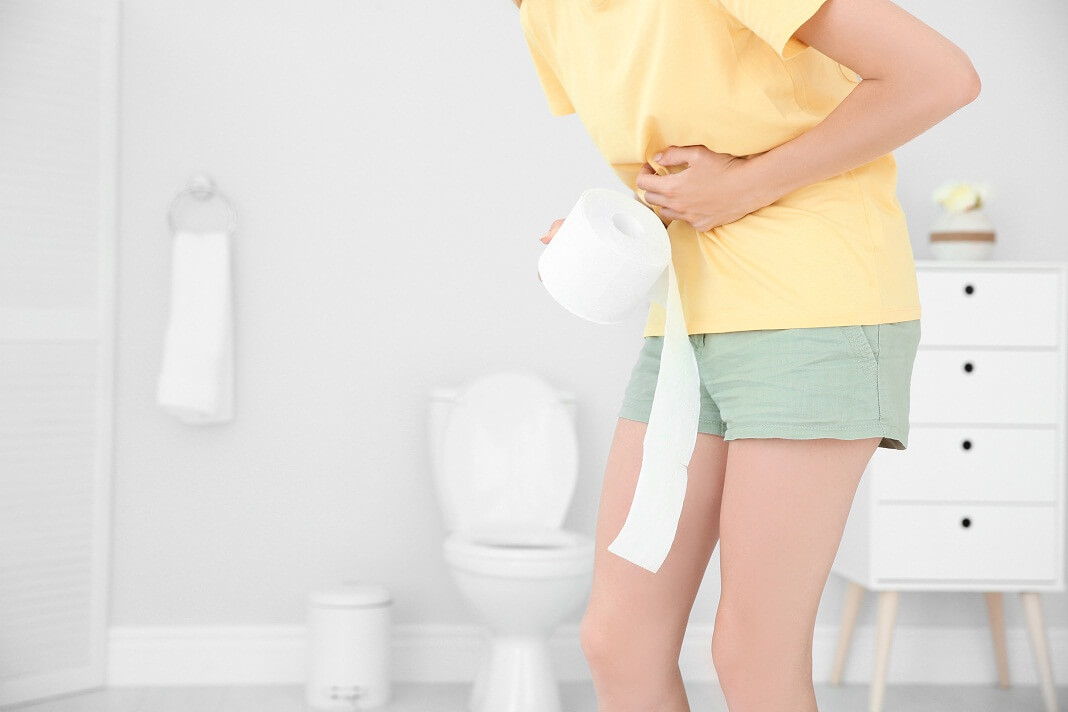
Although many laxatives are available over the counter, it is important to check with a doctor which one is safe to use. Limited information is available about using some of these medications during pregnancy.
Women can usually safely use the following types of laxative during pregnancy:
Bulk-forming agents
Bulk-forming agents mimic fiber by adding material to the stool and helping it absorb more water. By doing this, they make the stool larger, softer, and easier to pass.
These types of laxative can cause some cramping or discomfort, so people should start with the lowest dosage and ensure that they drink lots of water.
Examples of bulk-forming agents include psyllium, methylcellulose, and polycarbophil.
Stool softeners
Stool softeners add water to the stool to help make it softer and more comfortable to pass.
The stool softener that doctors most commonly recommend to pregnant women is docusate (Colace).
Lubricant laxatives
Lubricant laxatives add a slippery coating to either the stool or the inside of the intestinal tract to aid the passage of stool out of the body.
Glycerin suppositories are one type of lubricant laxative. It is essential to always speak to a healthcare professional before using suppositories, especially when pregnant.
Osmotic laxatives
By drawing more water into the intestines, these laxatives help soften the stool. They also allow the bowel to contract more to move the stool along. These types of laxative can also cause cramping and bloating in the abdomen.
Examples of osmotic laxatives include polyethylene glycol and magnesium hydroxide.
In most cases, constipation in pregnancy is short-lived and resolves with no or minimal treatment. In rare cases, however, prolonged constipation can cause fecal impaction, which may need removal by a doctor.
Continued use of certain types of laxative can cause the bowel to “forget” how to push stool through the intestines.
These drugs can also cause electrolyte or fluid imbalances in some people. Such issues usually affect people who have other health problems, such as diabetes or kidney disease.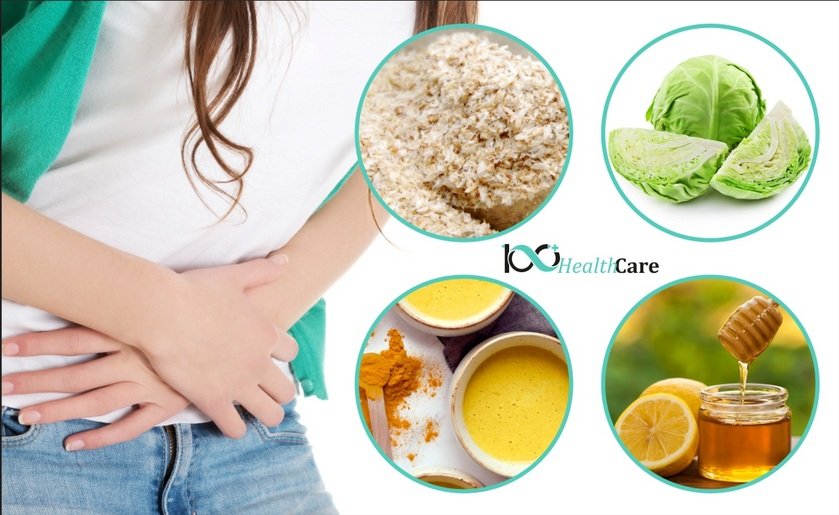
It is best to speak to a doctor about the types of laxative to take and how often to take them.
It is vital that pregnant women speak with their doctor before taking any medication, including laxatives or other constipation remedies.
Seeing a doctor is also advisable if any additional symptoms occur, including:
- nausea
- stomach pain
- vomiting
- constipation that lasts for longer than 1–2 weeks
- bleeding from the rectum
- no relief after using a laxative
As always, mention any other symptoms or concerns to the doctor for more specific information and advice.
Causes, treatments, and home remedies
Constipation is a very common symptom that many women experience during pregnancy.
Some women have constipation at an early stage of their pregnancy, while it does not affect other women until much later on.
In this article, we explain why constipation is common in pregnancy and discuss safe treatments and home remedies that women can use to relieve the discomfort.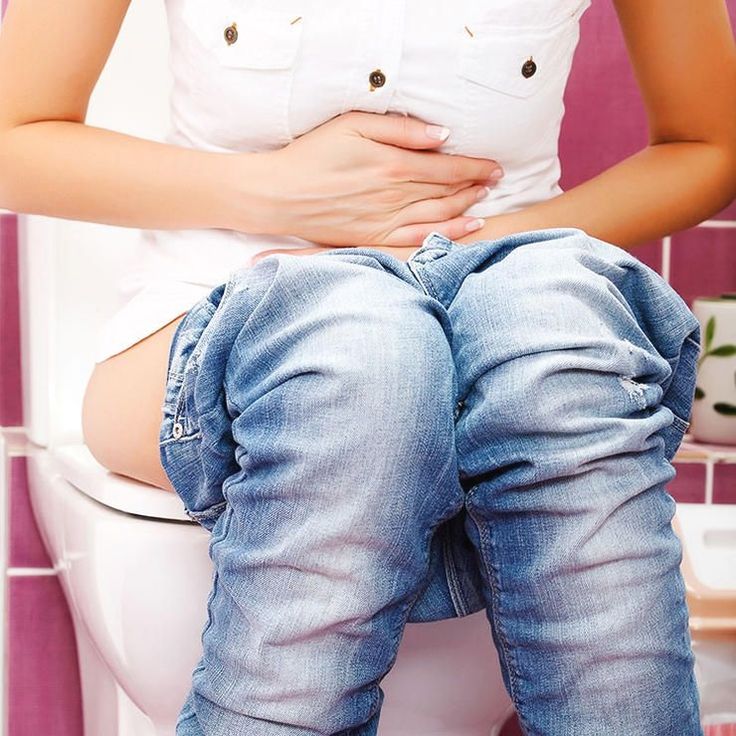
The cause of constipation during pregnancy depends on the stage at which it occurs. Possible causes include:
- Hormones: Changing hormone levels in early pregnancy cause the intestines to slow down the movement of stool through the bowel. This delay increases the amount of water that the colon absorbs from the stool, which makes it more solid and difficult to pass.
- Prenatal vitamins: Prenatal vitamins are chock-full of iron, a crucial mineral that can sometimes be deficient during pregnancy. Iron can cause constipation and hard, black stools.
- Pressure from the uterus: In later pregnancy, the growing uterus can put pressure on the bowel, making it harder to move stool through the intestines.
In addition to infrequent bowel movements, constipation can cause bloating, stomach discomfort, and hard, dry stools that are painful to pass. It can also result in a feeling that not all the stool has passed.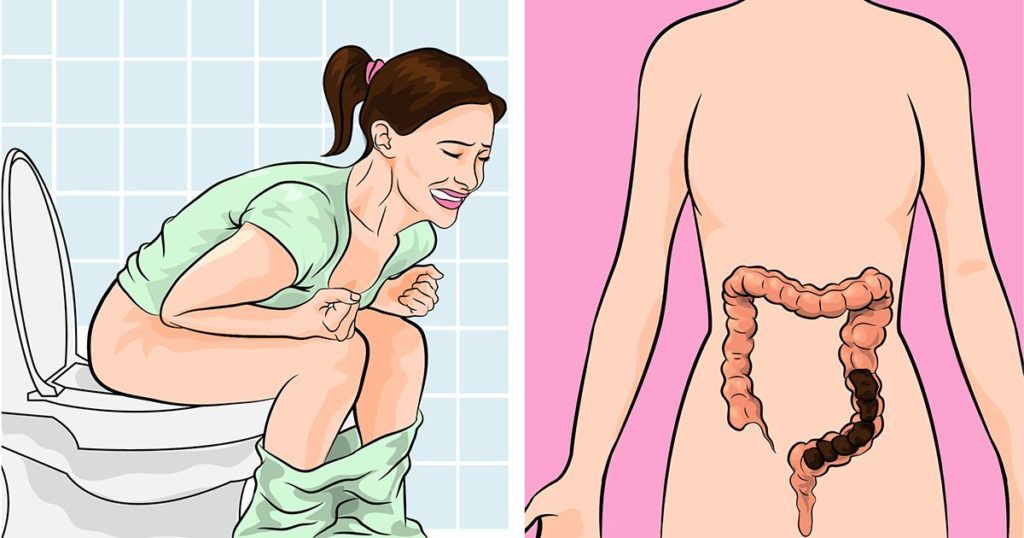
Constipation can be particularly uncomfortable during pregnancy.
During pregnancy, women can often relieve constipation using gentle, safe home remedies:
- Fiber: Taking fiber supplements or eating more fibrous foods, such as fruits, vegetables, and whole grains, can increase the number of stools and facilitate their passage through the intestines. Adults should eat between 28 and 34 grams of fiber each day.
- Fluid: Drinking enough water is important to keep stool soft and easy to pass. If a person feels that water is not helping, they can try adding clear soups, teas, and naturally sweetened fruit or vegetable juices to their diet.
- Activity: Being active helps stool move through the intestines. Getting regular exercise, with a doctor’s approval, can help relieve constipation. If exercising is not a priority or possibility, try to fit in a gentle walk each day.
- Probiotics: Millions of healthy bacteria live in the gut and help it function correctly.
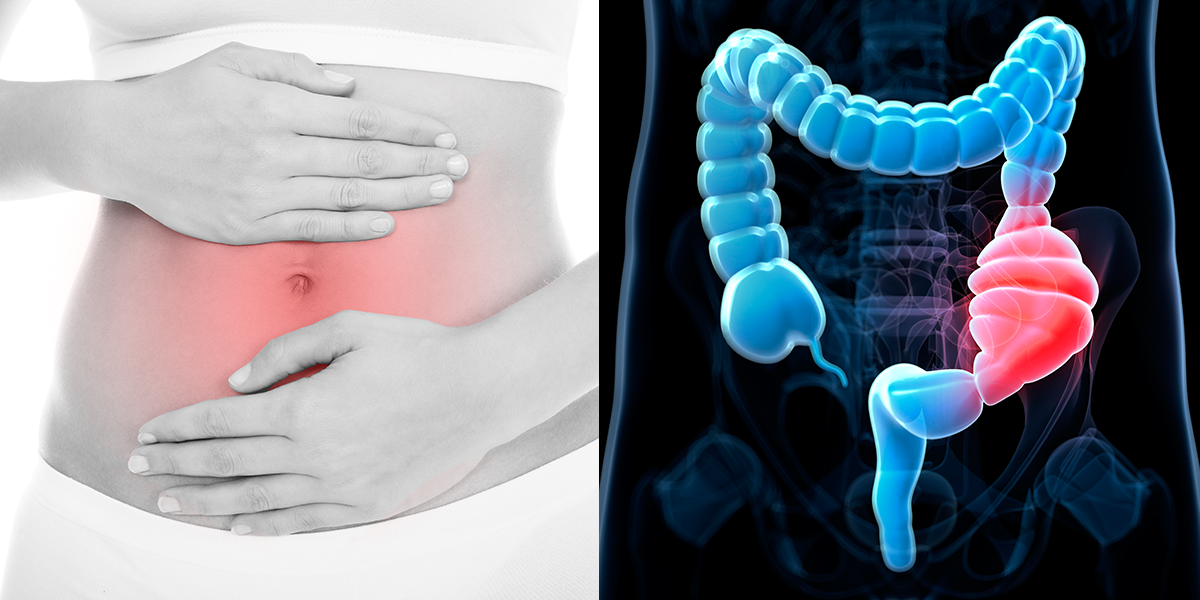 Probiotics may help repopulate the gut bacteria with healthy strains that encourage normal and regular bowel movements. Foods high in probiotics include yogurt, sauerkraut, and kimchi.
Probiotics may help repopulate the gut bacteria with healthy strains that encourage normal and regular bowel movements. Foods high in probiotics include yogurt, sauerkraut, and kimchi.
If the home remedies above do not work, it may be time to discuss other options with a doctor.
For women taking prenatal vitamins that are high in iron, doctors may recommend trying a vitamin that contains less iron.
The primary medical treatment for constipation in pregnancy is a medication called a laxative, which makes it easier and more comfortable to go to the bathroom.
It is generally safe to use gentle laxatives, but it is best to avoid stimulant laxatives because they can induce uterine contractions.
Although many laxatives are available over the counter, it is important to check with a doctor which one is safe to use. Limited information is available about using some of these medications during pregnancy.
Women can usually safely use the following types of laxative during pregnancy:
Bulk-forming agents
Bulk-forming agents mimic fiber by adding material to the stool and helping it absorb more water.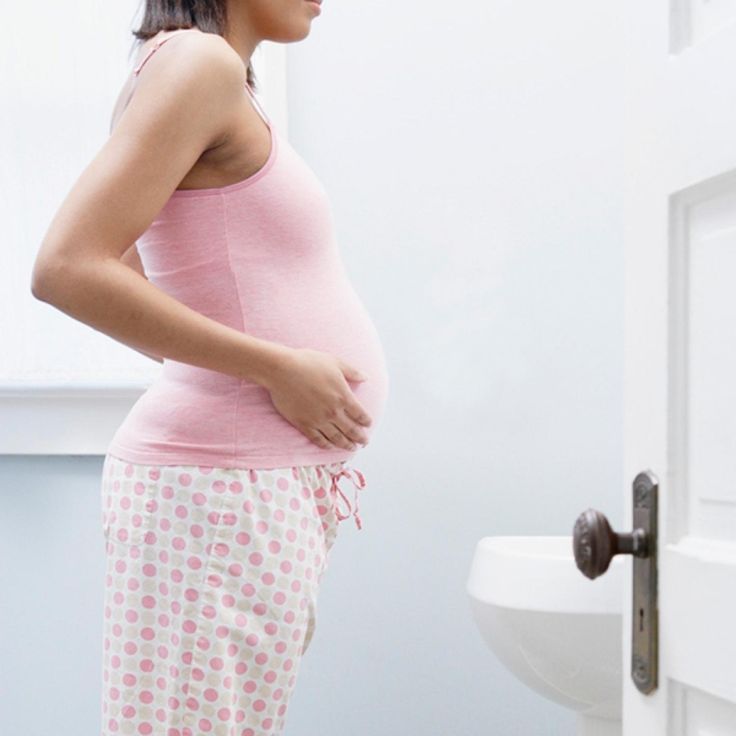 By doing this, they make the stool larger, softer, and easier to pass.
By doing this, they make the stool larger, softer, and easier to pass.
These types of laxative can cause some cramping or discomfort, so people should start with the lowest dosage and ensure that they drink lots of water.
Examples of bulk-forming agents include psyllium, methylcellulose, and polycarbophil.
Stool softeners
Stool softeners add water to the stool to help make it softer and more comfortable to pass.
The stool softener that doctors most commonly recommend to pregnant women is docusate (Colace).
Lubricant laxatives
Lubricant laxatives add a slippery coating to either the stool or the inside of the intestinal tract to aid the passage of stool out of the body.
Glycerin suppositories are one type of lubricant laxative. It is essential to always speak to a healthcare professional before using suppositories, especially when pregnant.
Osmotic laxatives
By drawing more water into the intestines, these laxatives help soften the stool. They also allow the bowel to contract more to move the stool along. These types of laxative can also cause cramping and bloating in the abdomen.
They also allow the bowel to contract more to move the stool along. These types of laxative can also cause cramping and bloating in the abdomen.
Examples of osmotic laxatives include polyethylene glycol and magnesium hydroxide.
In most cases, constipation in pregnancy is short-lived and resolves with no or minimal treatment. In rare cases, however, prolonged constipation can cause fecal impaction, which may need removal by a doctor.
Continued use of certain types of laxative can cause the bowel to “forget” how to push stool through the intestines.
These drugs can also cause electrolyte or fluid imbalances in some people. Such issues usually affect people who have other health problems, such as diabetes or kidney disease.
It is best to speak to a doctor about the types of laxative to take and how often to take them.
It is vital that pregnant women speak with their doctor before taking any medication, including laxatives or other constipation remedies.
Seeing a doctor is also advisable if any additional symptoms occur, including:
- nausea
- stomach pain
- vomiting
- constipation that lasts for longer than 1–2 weeks
- bleeding from the rectum
- no relief after using a laxative
As always, mention any other symptoms or concerns to the doctor for more specific information and advice.
Treatment of constipation in pregnant women in a private clinic
This is one of the most common, but at the same time the most delicate problems that occur in at least 50% of pregnant women. In a normal state, bowel movements should be daily and in sufficient volume. Any deviations in this process require attention and adjustment of the diet, lifestyle and even psychological attitude. From a physiological point of view, problems in the work of the gastrointestinal tract are explained by hormonal changes and the physiological characteristics of the body of a pregnant woman (under the influence of various processes in different phases of pregnancy, the contraction of the smooth muscles of the intestine is weakened, in addition, the enlarged uterus compresses the intestines, etc. ).
).
Among other - non-medical reasons - the most common are the features of a woman's lifestyle: systematic stress; lack of mobility; lack of fiber; low water intake (not liquids!) and/or high intake of refined foods and foods with a high composition of sugar, homogenized fats and salt (fast food). “Refined foods are refined oils, polished rice, white flour and all the familiar white refined sugar, plus fast food with a high composition of sugar, homogenized fats and salt, which slow down the absorption of nutrients by the body and the passage of food in the intestines” (Laima Lankmane, naturopath, herbalist).
Homeopaths say that constipation is not only a “problem” of the rectum, “it is a problem of the whole organism as a whole and it must be solved in a complex way” (D.V. Arkhipova, Ph.D., homeopath): for example, this may be an allergic reaction to certain foods. Therefore, constipation is, in principle, an individual problem, and an individual approach will be the most effective solution to the problem: “Even equally pregnant women do not have 2 identical constipations: some had them before pregnancy, others did not eat properly, others did not move. All good wishes for real constipation will work only in 10% of cases. The only right decision is a full-fledged visit to a homeopath, who will approach the solution of the disharmony that has arisen, taking into account all the individual characteristics of a woman, looking at her as an integral unique system ”(A.S. Gavrilenko, obstetrician-gynecologist, Ph.D., homeopath , reflexologist).
All good wishes for real constipation will work only in 10% of cases. The only right decision is a full-fledged visit to a homeopath, who will approach the solution of the disharmony that has arisen, taking into account all the individual characteristics of a woman, looking at her as an integral unique system ”(A.S. Gavrilenko, obstetrician-gynecologist, Ph.D., homeopath , reflexologist).
First, about how NOT to solve the problem of constipation: classic laxatives such as hay, aloe vera and castor oil are contraindicated for pregnant women - they can cause premature contractions.
Now about what is POSSIBLE and NEEDED.
DIET
- Need to temporarily eliminate dairy products. “The main milk protein, casein, is one of the most difficult to digest proteins and is also a strong allergen. The fact that cottage cheese itself is capable of causing constipation is probably known to everyone. If you solve the problem with constipation in this way, then carefully introduce natural fermented milk products into the diet (preferably without flavorings and sugar) ”(D.
 V. Arkhipova, Ph.D., homeopath). It’s not worth worrying that the baby won’t get enough of something - he will take everything he needs from “mother’s reserves”, and the question is not in the amount eaten, but in the amount absorbed by the mother’s body. From the point of view of homeopathy, if you want - eat, no - you don’t need to force yourself, because. food likes and aversions are in accordance with our constitution, and therefore our needs (naturally, this applies to healthy and healthy eating habits).
V. Arkhipova, Ph.D., homeopath). It’s not worth worrying that the baby won’t get enough of something - he will take everything he needs from “mother’s reserves”, and the question is not in the amount eaten, but in the amount absorbed by the mother’s body. From the point of view of homeopathy, if you want - eat, no - you don’t need to force yourself, because. food likes and aversions are in accordance with our constitution, and therefore our needs (naturally, this applies to healthy and healthy eating habits). - It is necessary to monitor the fluid used - or rather, drink enough clean water. Volume - from one to three liters per day, if desired, but not less than a liter. “If you don’t feel like drinking water, you need to remove sweet drinks and teas from the diet and compensate for this with clean water (preferably raw, of artesian origin, pleasant to the taste, and even better thawed).” (T.G. Sadovaya, obstetrician, author of the lecture “Nutrition during pregnancy”).
- “Dried fruits are required (you can pour prunes with water at night and drink an infusion in the morning), and / or drink a glass of water in the morning on an empty stomach (you can add a little lemon juice there) and a glass of water with honey at night” (I.
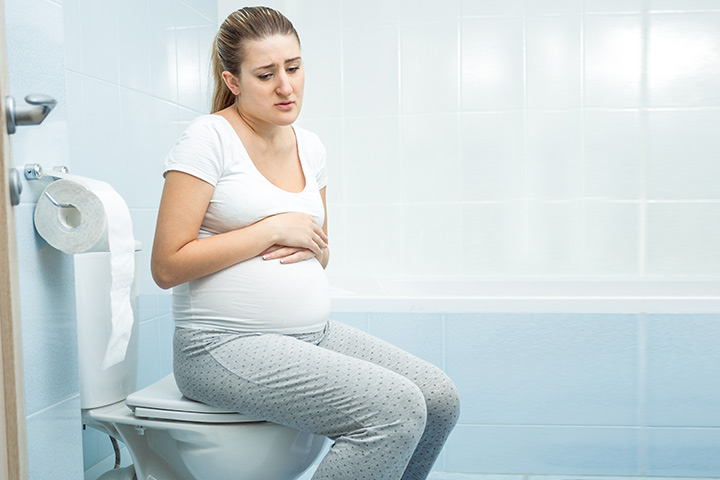 S. Arefyeva, obstetrician gynecologist).
S. Arefyeva, obstetrician gynecologist). - The diet should have a sufficient amount of fiber: at least 50% of the diet of natural plant foods in raw and processed form (fiber stimulates peristalsis). It can be whole grain cereals, products made from wholemeal flour, fruits before meals or in between, vegetables, berries (the same cranberries help with constipation).
- A daily intake of 1 to 3 tablespoons of unrefined oils has a good effect on the body. “Sweet almond oil (food) has a pronounced laxative effect and does not irritate the intestinal wall. Olive and linseed oils, as well as walnut oil, also have a mild laxative effect. Do not forget that unrefined oils should be stored in the refrigerator (with the exception of olive oil), and flaxseed should be eaten within a month after opening the bottle. (O.L. Bannikova, obstetrician).
- Add magnesium-rich foods to your diet, such as green leafy vegetables, walnuts and almonds, sunflower seeds (unroasted and preferably pre-soaked for 5-7 hours), green buckwheat and spinach.
 “You can try this recipe - soak 1 teaspoon of flax seeds in ½ cup of warm water and leave for several hours. Then eat it just like that or add it to porridge, soup” (L. Lankmane, naturopath, phytotherapeutist).
“You can try this recipe - soak 1 teaspoon of flax seeds in ½ cup of warm water and leave for several hours. Then eat it just like that or add it to porridge, soup” (L. Lankmane, naturopath, phytotherapeutist). - You can try to consume more foods that normalize the balance of intestinal flora - such as kefir (preferably homemade), miso soup, sauerkraut.
- You should not get carried away with strong tea, black coffee, cocoa, chocolate, white bread, flour and slimy soups, semolina, blueberries. All these products, like dry food, have a fixing effect. For the time of problems with the gastrointestinal tract, it is better to observe separate fractional meals, drink liquid 15 minutes before meals or some time later, etc. - that is, to facilitate the assimilation of the food consumed as much as possible. Make sure that there are no distortions - the daily diet should be balanced.
HOW TO HELP
- Enzymatic preparations can be drunk for a short time.
 If these are preparations of animal origin - no more than 7 days, plant enzymes can be taken longer. You can take probiotics, beneficial gut bacteria that aid digestion. Long-term use of these biological products not only normalizes the intestinal flora, but also contributes to a less pronounced manifestation of dysbacteriosis in a newborn child. (D.V. Arkhipova, homeopath, PhD, pediatrician)
If these are preparations of animal origin - no more than 7 days, plant enzymes can be taken longer. You can take probiotics, beneficial gut bacteria that aid digestion. Long-term use of these biological products not only normalizes the intestinal flora, but also contributes to a less pronounced manifestation of dysbacteriosis in a newborn child. (D.V. Arkhipova, homeopath, PhD, pediatrician) - Check the level of iron with a doctor - against the background of its deficiency, intestinal disorders are also possible. “But keep in mind that some iron-containing dietary supplements, unfortunately, can only worsen this condition (not to mention dosage forms). It is better to add foods rich in iron, such as almonds, pine nuts, apricots, avocados, sunflower and pumpkin seeds, wheat germ ”(L. Lankmane, naturopath, herbalist).
- Freshly squeezed juices, diluted 1 to 1 with water 15 minutes before meals, stimulate the production of pancreatic enzymes and aid digestion in the most natural way.
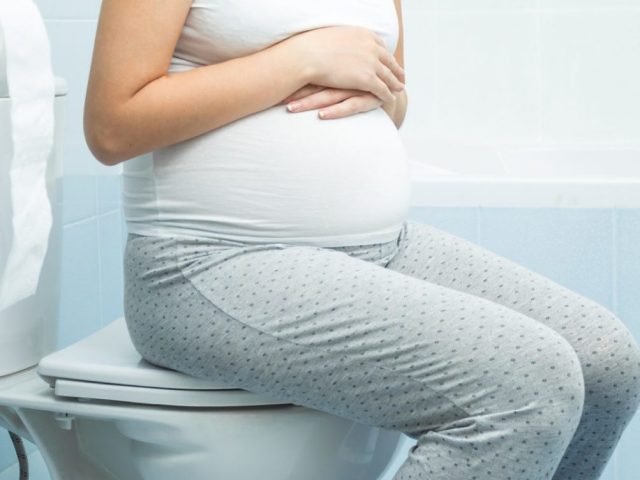 (D.V. Arkhipova, homeopath, PhD, pediatrician)
(D.V. Arkhipova, homeopath, PhD, pediatrician) - Drink hot - as far as possible - water on an empty stomach, a little later, eat half a banana, chewing it for a long time and macerating it with saliva to a liquid slurry (the banana must be ripe!). (O.L. Bannikova, obstetrician).
- Starting from the second trimester, you can use essential oils: exotic basil (Ocimum basilicum in Latin), seaside pine (Pinus Pinaster), saro (Cinnamosma fragrans, Saro), rosewood (Aniba rosaeodora). “Oils should be only edible, of good quality! It is not recommended to use essential oils during the first 3 months of pregnancy. 1st composition - take 1 drop of basil, 2 drops of pine on a small piece of sugar or honey and suck under the tongue in the morning on an empty stomach. 2nd composition - basil 30 drops, rosewood 20 drops, saro 10 drops and 40 drops of apricot kernel oil or any other unrefined food oil. Mix. Take 3 drops of this mixture under the tongue on sugar or honey morning and evening before meals for 5-7 days or as needed.
 When buying aroma oils, be sure to check whether there is information on the packaging that this oil can be eaten. (O.L. Bannikova, obstetrician)
When buying aroma oils, be sure to check whether there is information on the packaging that this oil can be eaten. (O.L. Bannikova, obstetrician) - If this does not help, you can try to use "Duphalac" for a short time.
LIFESTYLE
Enough physical activity, swimming in the pool. Walking for at least one hour. But the load should be increased gradually. To begin with, one lesson should be no more than 30 minutes. The step should be slow, the shoes are comfortable, and the route should be laid away from the roads. Gymnastics for pregnant women for at least 30 minutes daily. As gymnastics, our yoga instructor for pregnant women Svetlana Shnyrova recommends a few simple exercises:
- backbends in cat pose (standing on all fours),
- alternating leg raises from a sitting position on the floor with support on the hands,
- certain types of soft twists of the spine from a sitting or lying position,
- Breathing exercises such as a few deep belly breaths can also help.
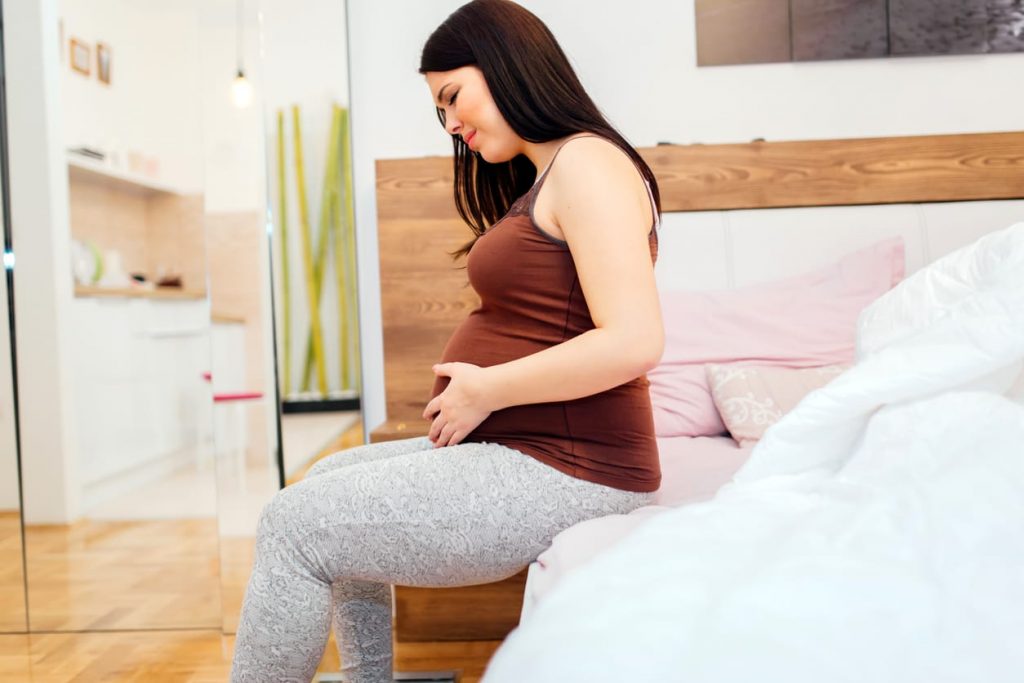
During class, you should carefully monitor your well-being and, if any discomfort occurs, immediately leave the pose. And watch how your baby reacts to the exercises.
These exercises stimulate the intestines, improve blood circulation in the abdominal cavity, and help to establish a regular bowel movement. In general, the problem of constipation should be approached comprehensively, drink more water in the morning, adjust nutrition, move more, walk, swim, do yoga.
Treatments for constipation during pregnancy
What's the problem?
The term "constipation" is defined as difficulty in passing stools and reduced frequency of stools (defecations - bowel movements to empty it). Constipation is characterized by discomfort, excessive straining, hard or lumpy stools, a feeling of incomplete emptying, and infrequent bowel movements. Constipation is a common symptom during pregnancy. This may be the result of a combination of factors including hormonal changes (shifts) during pregnancy affecting the digestive system, physical inactivity, and dietary changes during pregnancy. Also, as the fetus (baby) grows, it can compress the mother's intestines and thereby cause bowel delays/obstructions.
Also, as the fetus (baby) grows, it can compress the mother's intestines and thereby cause bowel delays/obstructions.
Why is this important?
Constipation during pregnancy is associated with impaired quality of life and distress for pregnant women, as well as physical problems, including the development of hemorrhoids. A number of treatment options have been suggested, including the use of medications, nutritional supplements, or dietary changes.
Non-pharmacological interventions (changes in diet, water intake and exercise) are generally recommended initially, and if they are ineffective or insufficient, medical (pharmacological) interventions are recommended. Medical interventions include a wide range of drugs: lubricants (lubricants), bulking agents, osmotic and stimulant laxatives, stool softeners (emollient laxatives), enemas and suppositories (laxatives in suppositories and enemas).
This review looked at the benefits of drug and non-drug interventions for constipation during pregnancy and whether they are safe for women and children.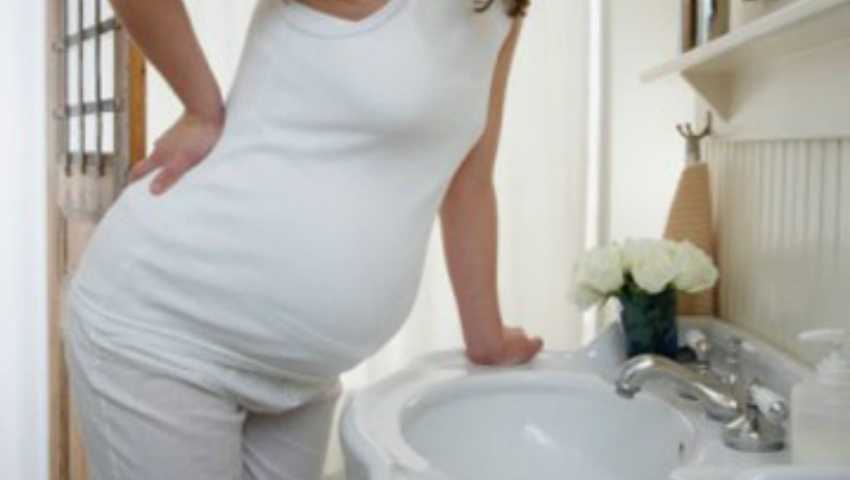
What evidence did we find?
We identified four studies, but only two studies (a total of 180 women) provided data for analysis. These studies compared stimulant laxatives with bulk laxatives and dietary supplements (dietary fiber) with no intervention. The included studies were considered to be of moderate (moderate) quality.
We have looked at two main comparisons. In the first comparison, we found that stimulant laxatives may be more effective in treating constipation than bulk laxatives ( moderate-quality evidence ). However, it can also lead to more abdominal discomfort ( low-quality evidence ) and diarrhea ( moderate-quality evidence ). We found no difference in women's satisfaction ( moderate quality of evidence ). A second comparison between fiber supplementation and no intervention found that fiber supplementation may be effective in increasing stool frequency ( moderate-quality evidence ).

